Your doctor just told you to watch your blood sugar. Now you’re standing in the supplement aisle feeling lost. There’s this product called GlucoSense staring back at you with promises about healthy glucose levels. But does it actually do anything, or is it just another bottle of expensive nothing?
Let’s get real about what’s inside this supplement and whether it deserves a spot in your medicine cabinet.
What GlucoSense Claims to Do
The bottle says it supports healthy blood sugar already within normal range. That’s fancy talk for helping keep your glucose from spiking too high or dropping too low. The makers say their formula uses natural plant extracts and minerals.
They want you to take two capsules daily. Most people take one in the morning and one before dinner. The company suggests giving it at least 60 to 90 days before deciding if it works.
But here’s the thing nobody tells you upfront. This isn’t medicine. It’s a dietary supplement, which means it doesn’t go through the same testing as actual drugs. The FDA doesn’t approve these products before they hit store shelves.
What’s Actually in the Bottle
GlucoSense lists several ingredients that show up in lots of blood sugar supplements. Berberine is probably the most talked-about one. Some decent research shows it might help cells respond better to insulin. A few studies compared it to common diabetes drugs and found similar effects.
Then there’s chromium picolinate. Your body needs tiny amounts of chromium to process carbs and fats. Most Americans get enough from food but some research suggests extra chromium could help people who already have blood sugar issues.
Cinnamon bark extract makes the list too. Not the stuff you sprinkle on toast, though. They use a concentrated form. A handful of studies showed it might lower fasting blood sugar a bi,t but other studies found nothing.
Alpha lipoic acid comes next. It’s an antioxidant that some doctors recommend for nerve damage from diabetes. Whether it actually helps with glucose control is still up for debate.
Here’s a simple breakdown of what each ingredient supposedly does:
| Ingredient | Amount Per Serving | What It’s Supposed to Do | Does Research Back It Up |
|---|---|---|---|
| Berberine HCl | 500mg | Help cells use insulin better and slow carb breakdown in the gut | Yes but needs more long term studies |
| Chromium Picolinate | 200mcg | Support normal metabolism of sugars and fats in the body | Sort of mixed results in different studies |
| Cinnamon Bark Extract | 300mg | May help lower fasting blood sugar when taken regularly over time | Some studies say yes others say no |
| Alpha Lipoic Acid | 300mg | Works as antioxidant and might protect nerves from high sugar damage | Better evidence for nerve health than glucose control |
The Good Stuff People Report
Some folks say they noticed their energy stayed more even throughout the day. No more 3pm crash after lunch. That makes sense if the supplement really does help smooth out blood sugar swings.
A few users mention their doctor said their A1C dropped a bit. That’s the blood test showing your average sugar over three months. Even a small drop matters when you’re trying to avoid diabetes or manage it better.
The capsules don’t taste like anything which is nice. Nobody wants to deal with gross burps or aftertaste. And most people don’t report stomach problems unlike some other supplements.
The Complaints Roll In
Now for the stuff that bugs people. Price sits at the top of complaint lists. A one month supply costs around 50 to 70 bucks depending where you buy it. That’s not pocket change especially when you need to take it for months to maybe see results.
Lots of GlucoSense reviews mention that nothing changed. People took it faithfully for two or three months and their blood sugar stayed exactly the same. Their meter readings looked identical to before they started.
Some customers had issues with shipping or getting refunds. The company apparently makes it hard to cancel subscriptions. You know how that goes. They auto ship bottles and charge your card before you can stop it.
A few people did get upset stomachs or headaches when they first started taking it. Usually that went away after a week but it’s still annoying.
What Doctors Actually Say
Most doctors won’t tell you to take this instead of the prescribed medication. If you already take metformin or insulin, you can’t just swap it out for a supplement. That’s dangerous.
But some doctors are okay with patients trying it alongside their regular treatment. They’ll say give it three months, and we’ll check your numbers. If your A1C improves, great. If not, then you stop wasting money.
The smart ones remind you that no pill fixes a bad diet. You can’t eat doughnuts for breakfast and expect any supplement to save you. The basics still matter most. Eat real food. Move your body. Sleep enough. Manage stress.
Who Shouldn’t Take This
Anyone on blood sugar medication needs to talk to their doctor first. Berberine can especially interact with diabetes drugs. You could end up with blood sugar that drops too low, which is actually more dangerous than high sugar in the short term.
Pregnant women should skip it. There’s not enough safety data, and some of these ingredients might cause problems.
People taking blood thinners need to be careful too. Some ingredients in GlucoSense reviews might affect clotting.
If you have kidney or liver disease, check with your doctor. Your body might not process these supplements the same way.
The Honest Truth About Results
Here’s what nobody wants to admit. Results vary wildly from person to person. Some folks swear by it. Others see zero change. That’s just how supplements work.
Your genetics matter. How bad your blood sugar problem is matters. What else you’re eating and doing matters way more than any pill.
The berberine in there does have real research behind it. But the amount in GlucoSense might be less than what studies used. Plus, those studies usually lasted months, not weeks.
Think about it this way. If this supplement could replace actual diabetes medication, drug companies would be all over it. They’re not. That tells you something.
Better Ways to Spend That Money
For 50 to 70 bucks a month, you could buy a lot of vegetables. Or a gym membership. Or a continuous glucose monitor that actually shows you what foods spike your sugar.
Those things have way better evidence. Eating fewer refined carbs will drop your blood sugar faster than any supplement. Walking after meals does more than most pills.
A blood sugar meter costs maybe 20 bucks, and strips are cheap if you shop around. Test yourself before and two hours after eating. You’ll learn more about your body than any supplement can teach you.
Making the Call
So is GlucoSense worth trying? Maybe if you’ve already got the basics handled. If you’re eating well and moving regularly, and your numbers are still creeping up it won’t hurt to try for a few months.
But go in with low expectations. Don’t expect miracles. And definitely keep testing your blood sugar to see if anything actually changes.

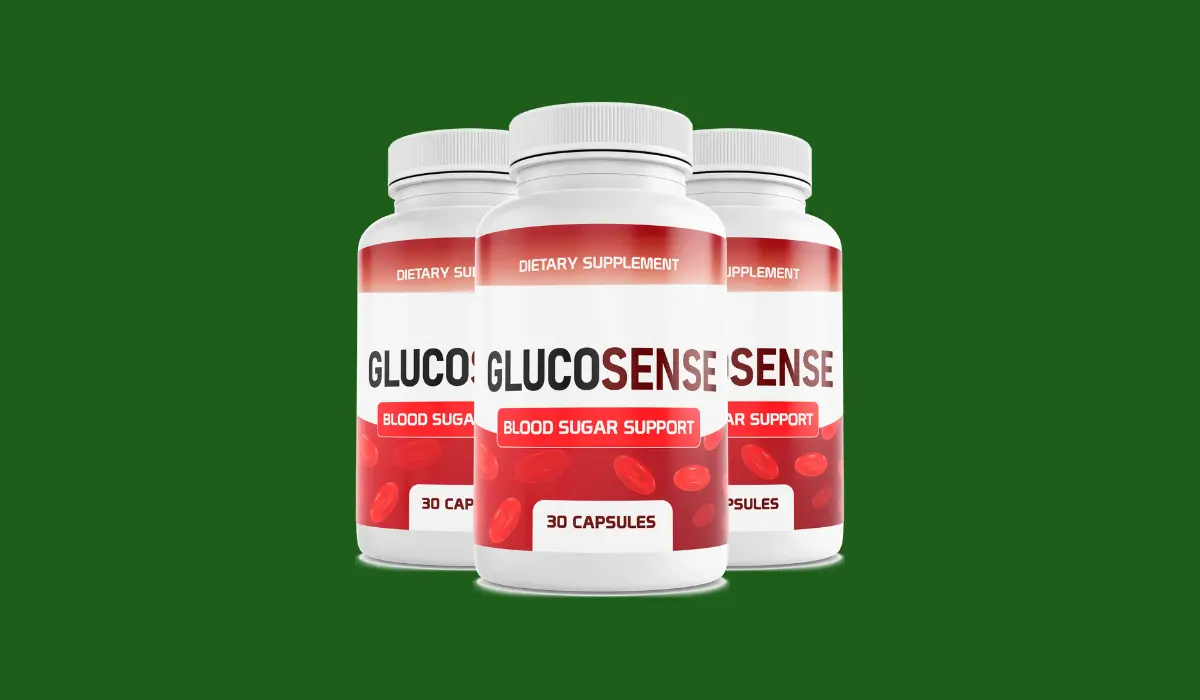

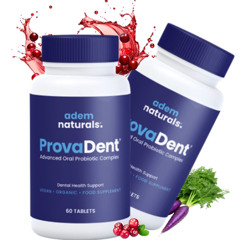
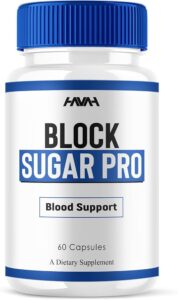
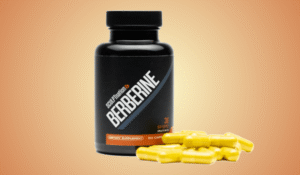
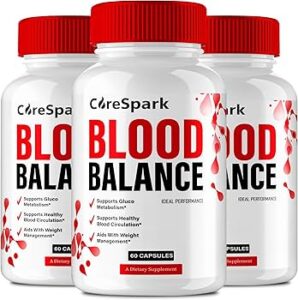
Be First to Comment